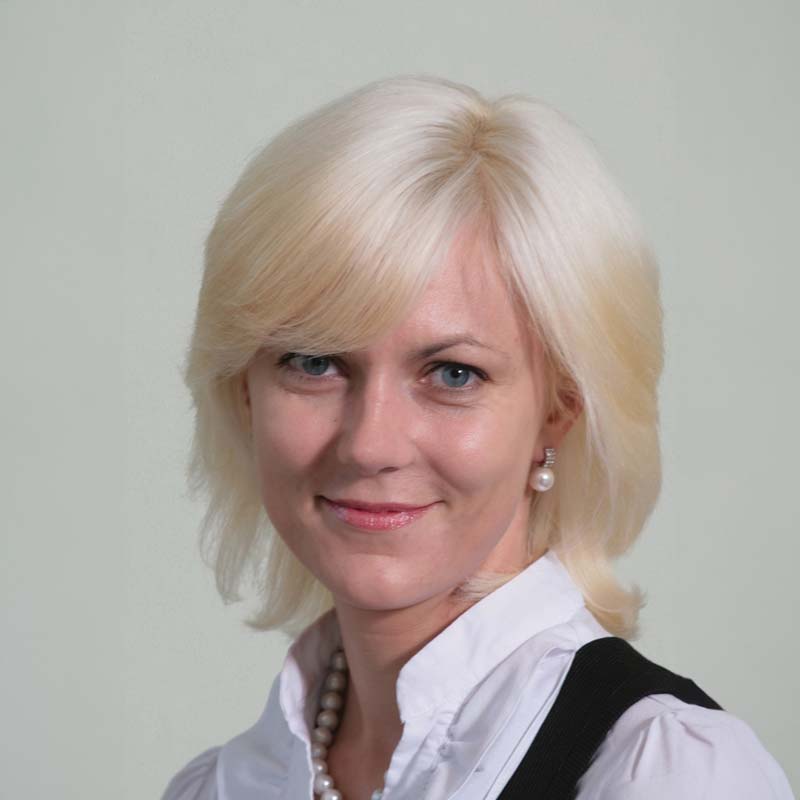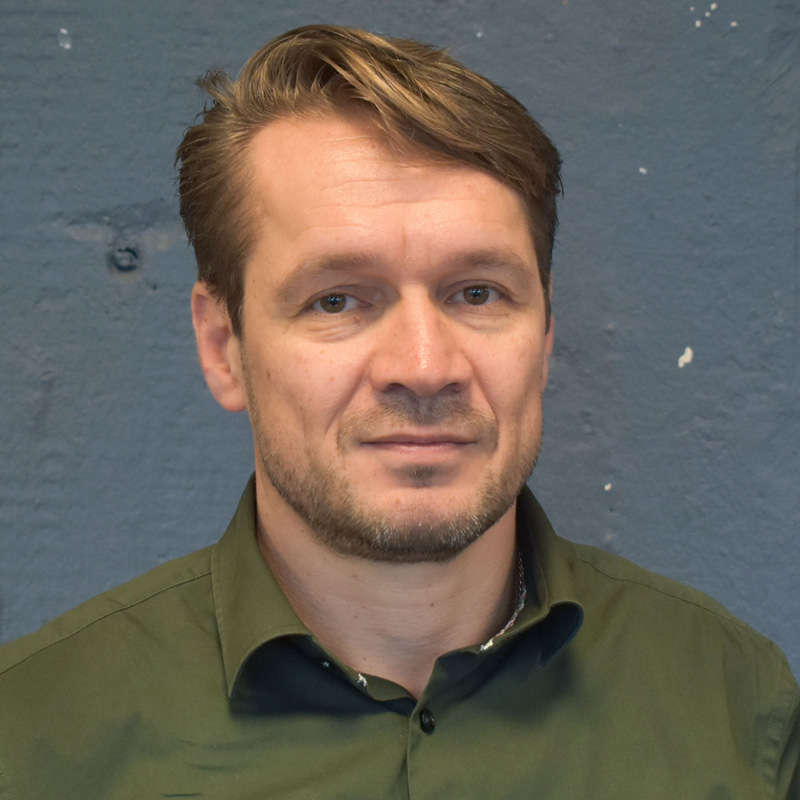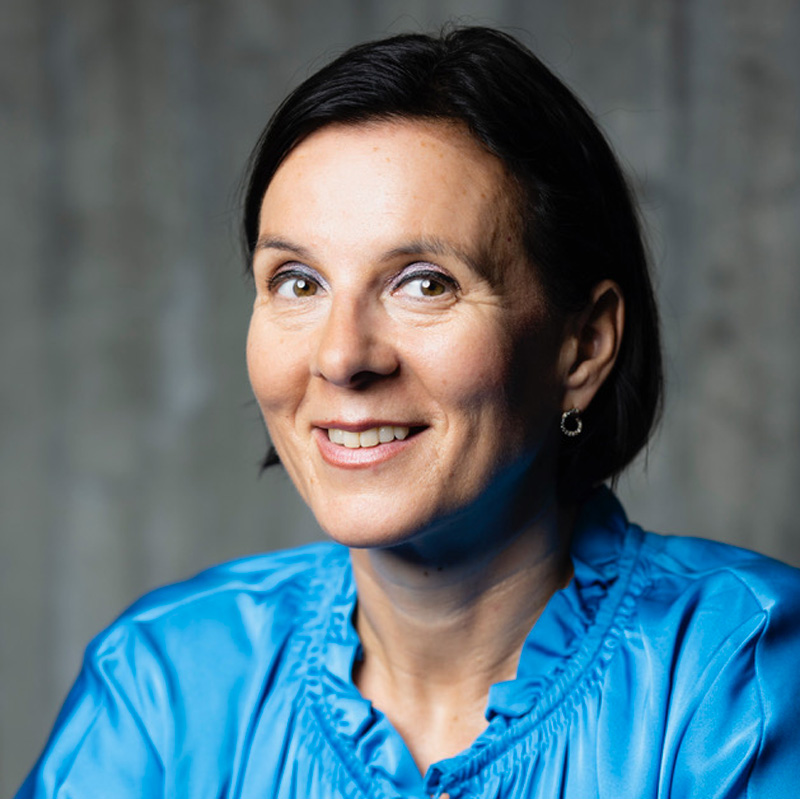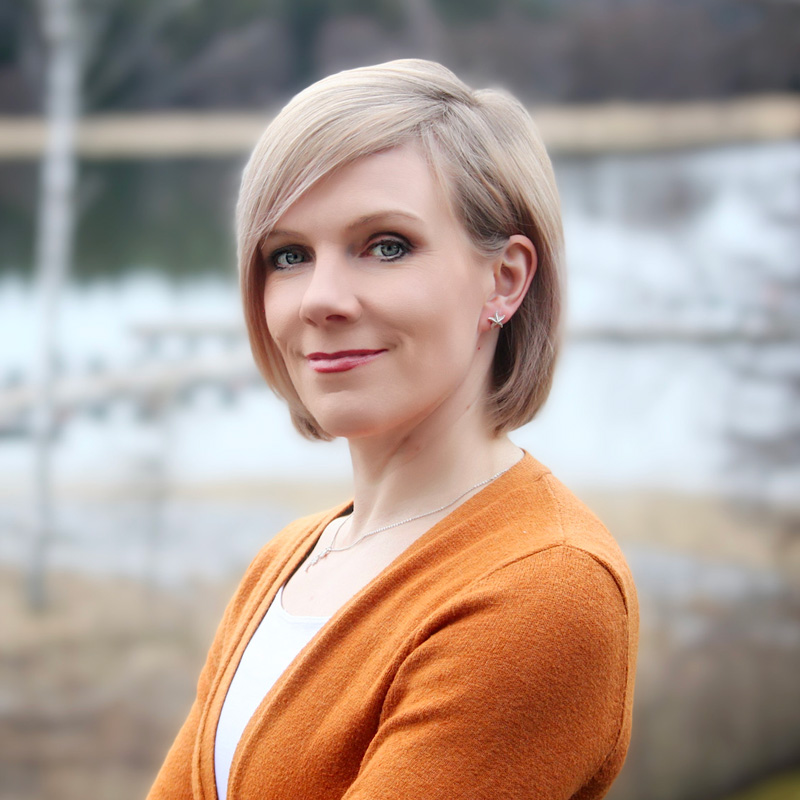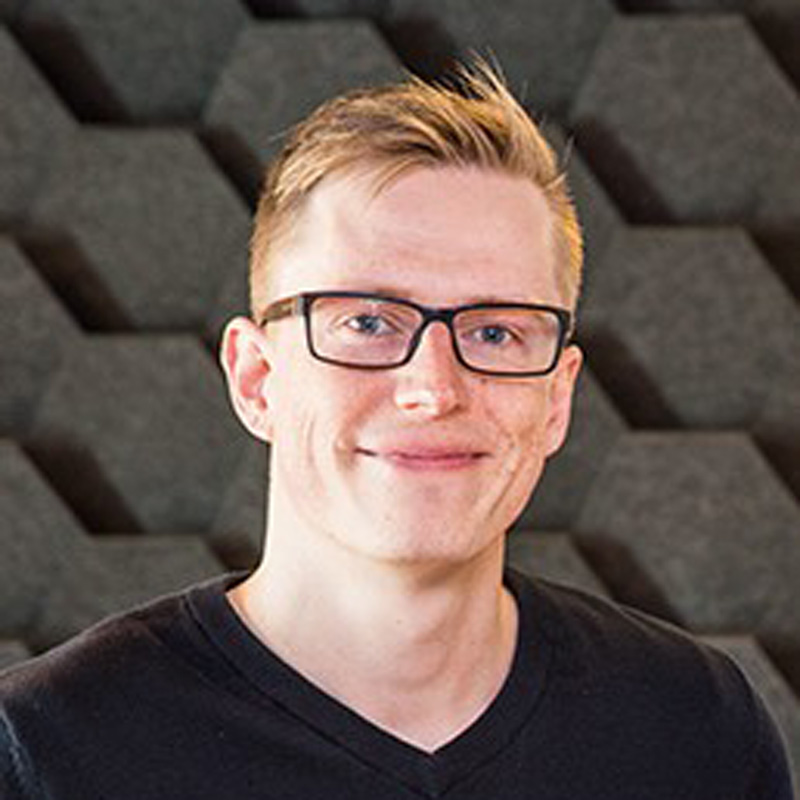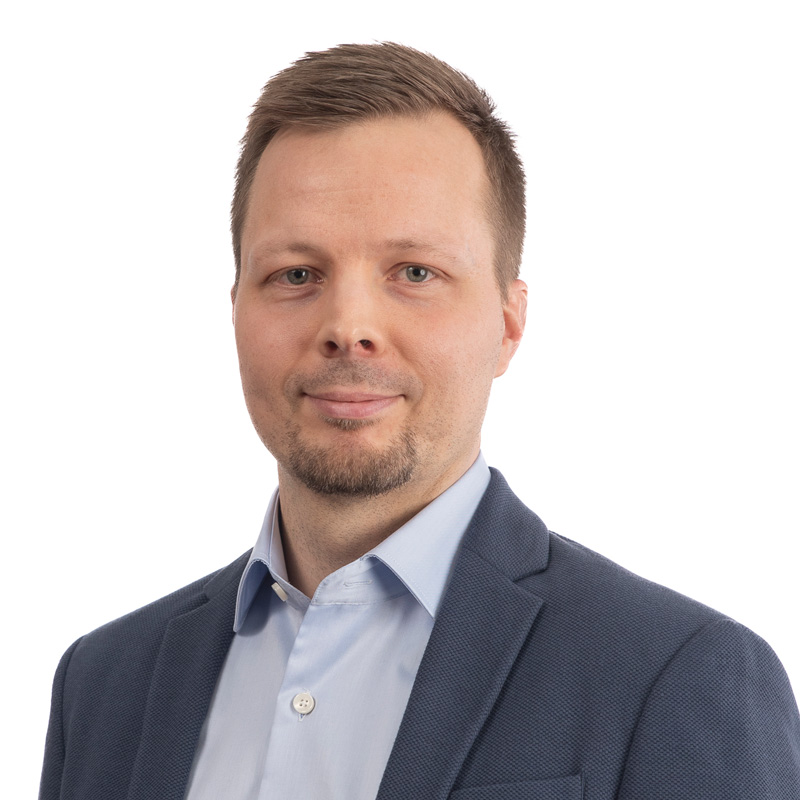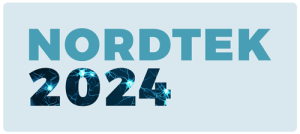Yoonsuck Choe received his B.S. degree in computer science from Yonsei University, Seoul, Korea, in 1993, and his M.S. and Ph.D. degrees in computer sciences from the University of Texas at Austin, Austin, TX, USA, in 1995 and 2001. He is a Professor and Director of the Brain Networks Laboratory in the Department of Computer Science and Engineering at Texas A&M University.
During 2017-2019, he led the machine learning lab, and subsequently the AI core team at Samsung Research AI Center (corporate vice president). His research interest is broadly in computational neuroscience, deep learning, evolutionary algorithms, and neuroimaging/ neuroinformatics. He has published extensively in the above areas with over 140 publications that include two best paper awards and one best paper award nomination. He served as the program chair for the International Joint Conference on Neural Networks in 2015, and as the general chair in 2017.
He currently serves on the editorial board of Neural Networks (2024-present) and IEEE Transactions on Cognitive and Developmental Systems (2023-present).


